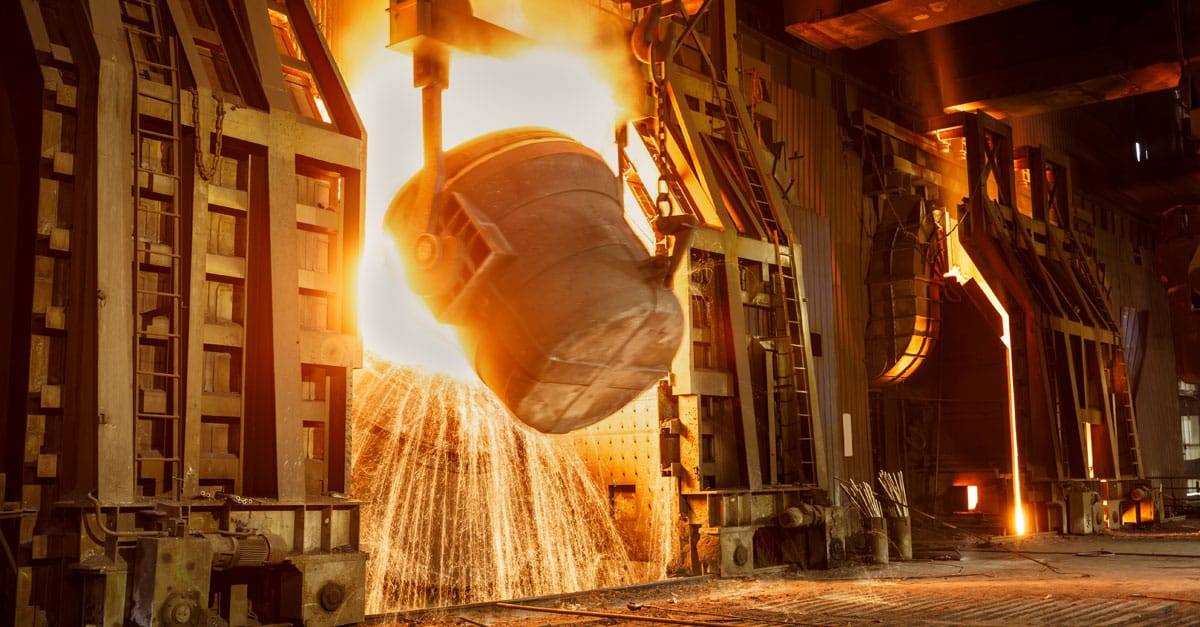The Flourishing Steel Industry in Turkey
Turkey occupies a prominent position in the global steel production and export markets. The country’s steel industry has gained recognition for its production of high-quality steel products and continuous efforts to expand production capacity and adopt innovative technologies. With its strategic geographical location, including a long Mediterranean coastline, Turkey efficiently serves the steel markets in Europe.
The steel industry in Turkey consists of privately owned steel companies that continuously strive for technological advancement and market competitiveness. The iron and steel sector is the third-largest contributor to the Turkish economy, reflecting its significant development over the years.
The Impact of Twin Earthquakes
Two earthquakes that struck Turkey in February 2023 severely damaged the southern region and claimed many lives. The steel industry, concentrated in Iskenderun and Osmaniye, bore the brunt of the disaster. These regions, home to about a dozen steel plants, account for one-third of the nation’s steel production. The aftermath of the earthquakes left these steel mills inoperable for weeks, resulting in idle production lines and a workforce struggling to cope with the consequences of this massive disruption.
The closure of these steel mills has had a ripple effect throughout the Turkish economy. With a significant portion of steel production halted, the country’s overall production capacity has taken a hit. This reduction in production has not only affected the steel industry itself but also other sectors that rely on steel, such as the construction and automotive industries.
Elevate Your Wealth Game: Empowering UHNWIs for Simplified Asset Management. Altoo Platform Preview
The European Steel Association’s Perspective
Axel Eggert, Director General of the European Steel Association (EUROFER), highlights the challenges facing the steel industry in Turkey. He points out that the energy crisis, high production costs, and inflation have added to the difficulties of steel producers. The transition to decarbonisation is underway, but access to affordable, fossil-free electricity is critical for the Turkish steel sector to remain globally competitive.
Eggert says that current EU regulations do not adequately take into account the role of industrial energy consumers, such as the steel industry, in achieving net-zero emissions. In addition, cheap steel imports from third countries continue to flood the European market despite a slump in demand, further exacerbating the situation.









